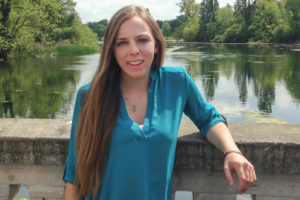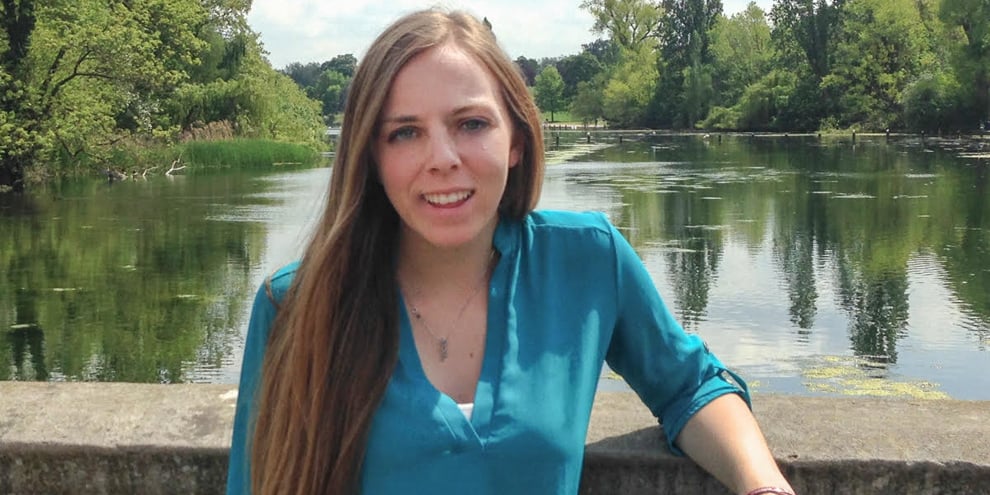
Alexis Kallen ’18, a political science and feminist, gender and sexuality studies major, has been named one of 62 Truman Scholars by the Harry S. Truman Scholarship Foundation in 2017. The scholarship awards $30,000 to students pursuing graduate degrees who plan to enter public service after their studies.
Kallen’s ultimate goal is to become a human rights lawyer, and hopes in particular to defend women affected by war crimes, she said. Recipients have up to five years to use the scholarship, allowing them leeway to take gap years, which Kallen plans to do before attending law school for a joint J.D. and master’s degree in public policy.
Congress founded the Truman Foundation in 1975 as a tribute to public service and to overturn the perception in the U.S. that public service is “uncivil and ineffective,” according to the press release.
Scholars first must be nominated by their universities and go through several rounds of regional interviews before receiving the national award, which attempts to pick candidates embodying President Truman’s values of being “grounded by the people, courageous for the people and committed to the people.”
Kallen began working in public service at the age of fourteen through missionary trips, but quickly became disillusioned with what she described as the lack of sustainable change and “white savior complex” endemic to the trips. She has since committed herself to long-term, reflective work and is writing an honors thesis on sexual assault of Burundian refugees into Rwanda.
The topic is under-studied, as many Americans are unaware that the Burundian refugee crisis exists at all, which is “really problematic,” she said. Last summer, Kallen collected data in Rwanda on the connection between women’s education and gender-based violence. She also spent time in Guatemala as a Global Student Fellow of the Freeman Spogli Institute for International Studies interviewing women on birth control practices, according to Stanford News.
As a first-generation, low-income student, Kallen stressed that people from marginalized backgrounds should apply to the Truman Scholarship and other similar awards. Although she is relieved that the award lightens some of the financial burden of graduate school, she added that more scholarship opportunities ought to be available, particularly for students entering fields without high financial payoff.
“I just think there should be so [many more opportunities] like this,” Kallen said. “A lot of people can’t go into public service because they go into so much debt in graduate school.”
Contact Fiona Kelliher at fionak ‘at’ stanford.edu.
